Hunter measure to create task force to resolve discrimination in the housing industry
- Details
 SPRINGFIELD – Legislation sponsored by State Senator Mattie Hunter (D-Chicago) to create the Real Estate Valuation Task Force to combat discrimination in the housing industry passed an important hurdle Wednesday.
SPRINGFIELD – Legislation sponsored by State Senator Mattie Hunter (D-Chicago) to create the Real Estate Valuation Task Force to combat discrimination in the housing industry passed an important hurdle Wednesday.
“Discrimination in the housing industry goes back decades, and it has yet to be rectified today,” Hunter said. “Black and Brown people won’t have a fair chance at renting and home ownership until discrimination is addressed on a systemic level.”
Read more: Hunter measure to create task force to resolve discrimination in the housing industry
Gillespie moves to end surprise medical bills
- Details
 SPRINGFIELD – State Senator Ann Gillespie (D-Arlington Heights) advanced legislation to end surprise medical bills in Illinois on Wednesday.
SPRINGFIELD – State Senator Ann Gillespie (D-Arlington Heights) advanced legislation to end surprise medical bills in Illinois on Wednesday.
“After an already expensive medical procedure, the last thing a patient needs is to be strapped with additional costs,” Gillespie said. “Our plan will protect consumers from receiving surprise bills long after receiving treatment.”
Ellman advances student-led initiative to make Dolostone state rock of Illinois
- Details
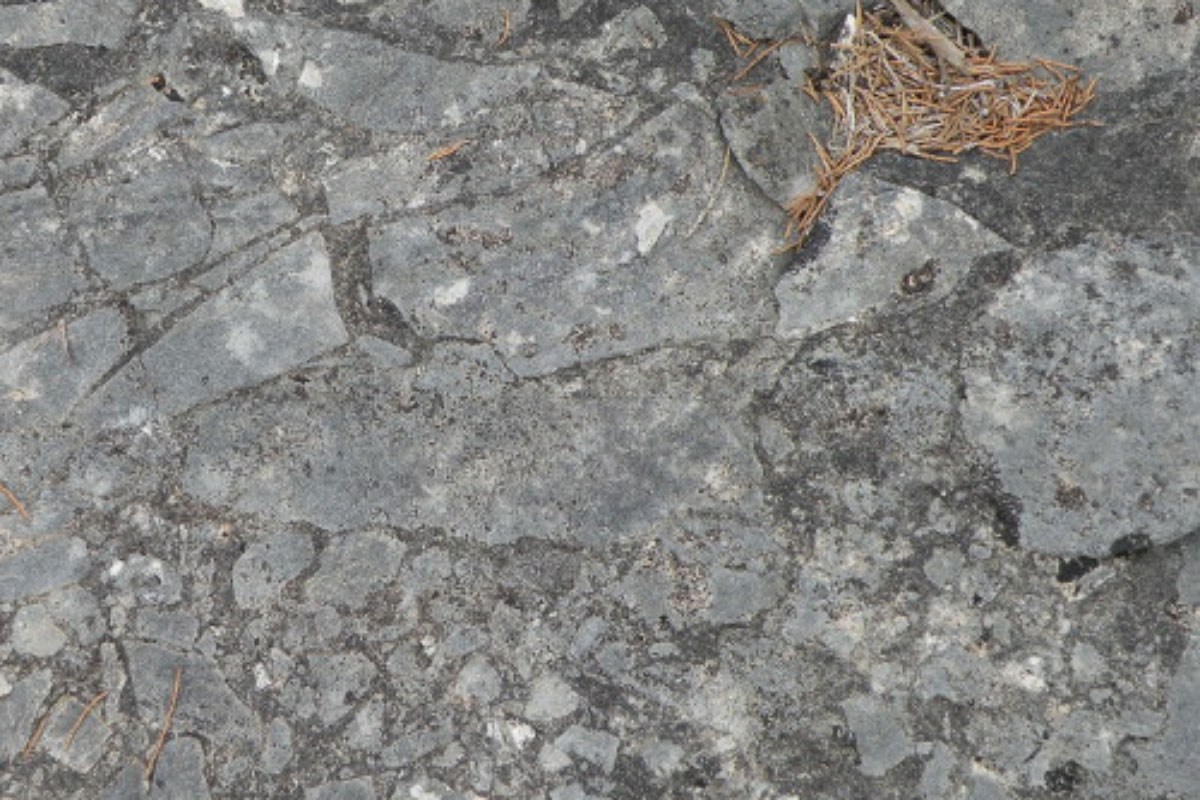 SPRINGFIELD – State Senator Laura Ellman (D-Naperville) is championing a measure initiated by local students to establish Dolostone as the official rock of the State of Illinois.
SPRINGFIELD – State Senator Laura Ellman (D-Naperville) is championing a measure initiated by local students to establish Dolostone as the official rock of the State of Illinois.
“Bright, motivated young people from across our state took it upon themselves to do the research and hard work necessary to bring forth this legislation,” Ellman said. “They deserve to have their voices heard.”
Read more: Ellman advances student-led initiative to make Dolostone state rock of Illinois
Legislators celebrate the anniversary of consumer protections against predatory lending
- Details
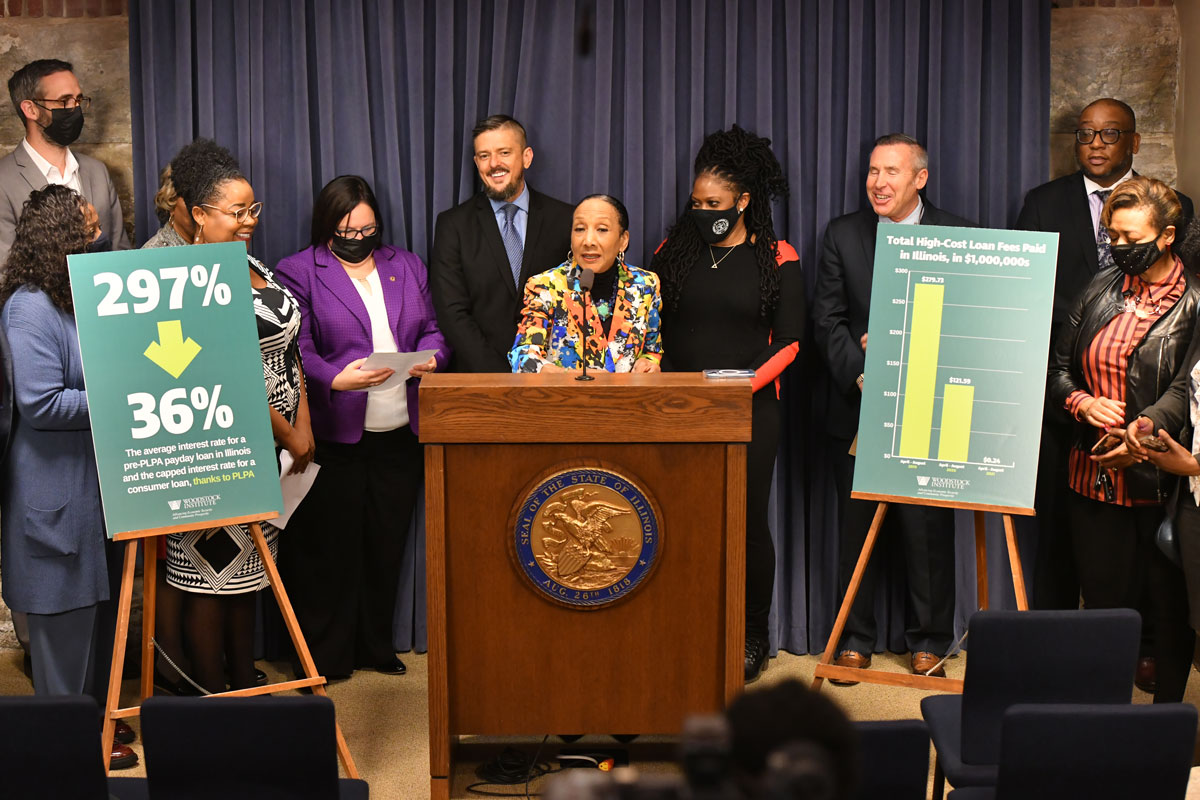 SPRINGFIELD– On the anniversary of the Predatory Loan Prevention Act being signed into law, State Senators Jacqueline Collins (D-Chicago) and Cristina Castro (D-Elgin) reflect on the importance of dismantling systemic barriers to equitable lending practices especially for communities of color at a press conference Wednesday.
SPRINGFIELD– On the anniversary of the Predatory Loan Prevention Act being signed into law, State Senators Jacqueline Collins (D-Chicago) and Cristina Castro (D-Elgin) reflect on the importance of dismantling systemic barriers to equitable lending practices especially for communities of color at a press conference Wednesday.
“I am incredibly pleased to have seen a year go by since the signing of my legislation capping interest rates on all consumer loans at 36%,” Collins said. “Abusive financial practices target communities of color and entrench racial poverty, which makes interest rate caps so critical for the benefit and restoration of our vulnerable populations.”
On this day last year, Senate Bill 1792 of the 101st General Assembly was signed into law by the governor after passing both chambers with bipartisan support, officially establishing the Predatory Loan Prevention Act. This measure prohibits lenders from charging interest rates higher than 36% on consumer loans. The initiative, championed by Senator Collins with the unwavering support of fellow legislators such as Senator Castro, is one component of an economic equity package introduced by the Illinois Legislative Black Caucus.
“Previously, vulnerable individuals looking to get back on their feet were coerced into short-term loans with offensively high interest rates,” Castro said. “This legislation is critical in preventing predatory loan practices and will help create credibility in our communities for future generations.”
The law helps borrowers, primarily those in communities of color and low income communities, escape the vicious cycle of debt associated with interest rates and fees. Studies show individuals in predominantly Black communities are more likely to have a payday loan than their White counterparts. As historically disenfranchised populations rely more heavily on financial institutions for economic support, the 36% rate cap has demonstrated its benefit for Black and Brown communities.
Through their dedication and service to economically disadvantaged communities, legislators continue to work toward the reduction of the racial wealth gap in our state.
###
More Articles …
Page 448 of 738

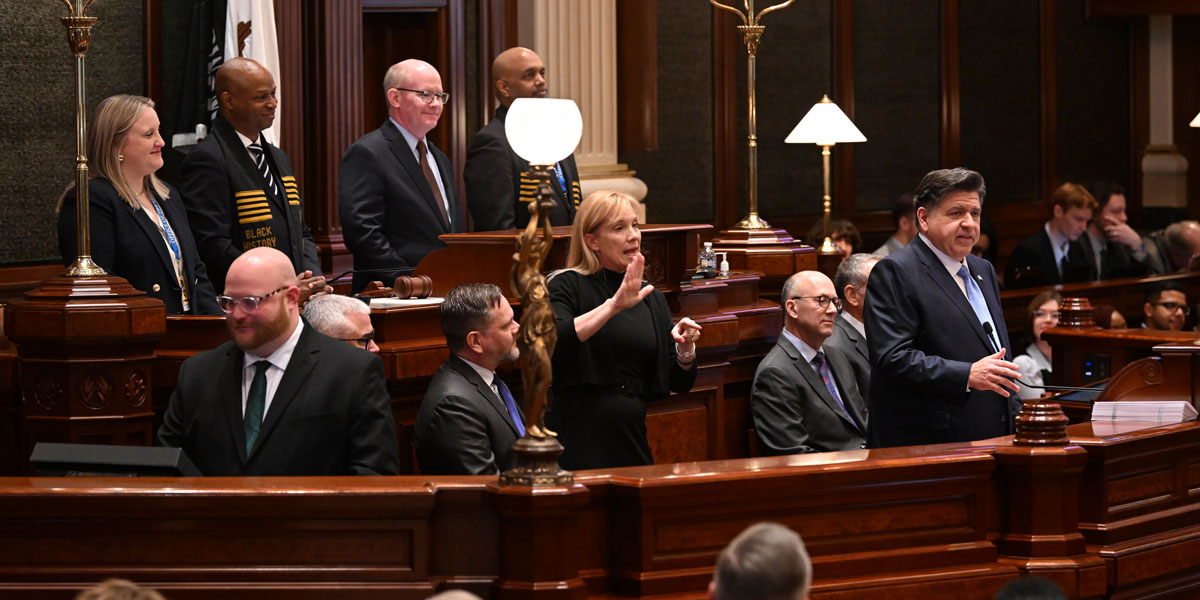

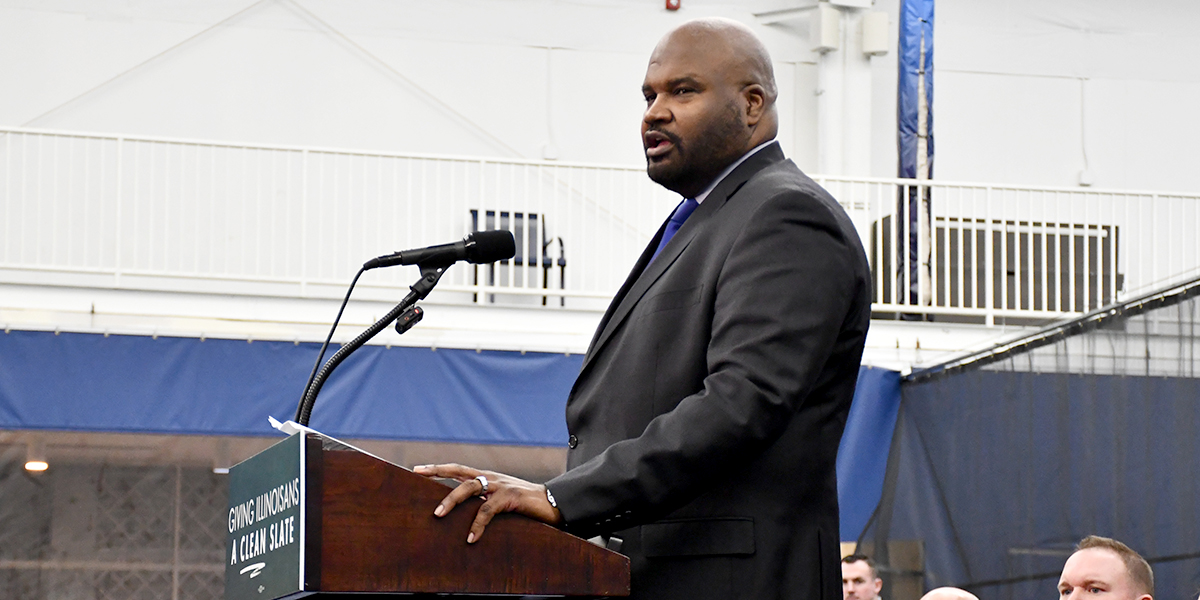
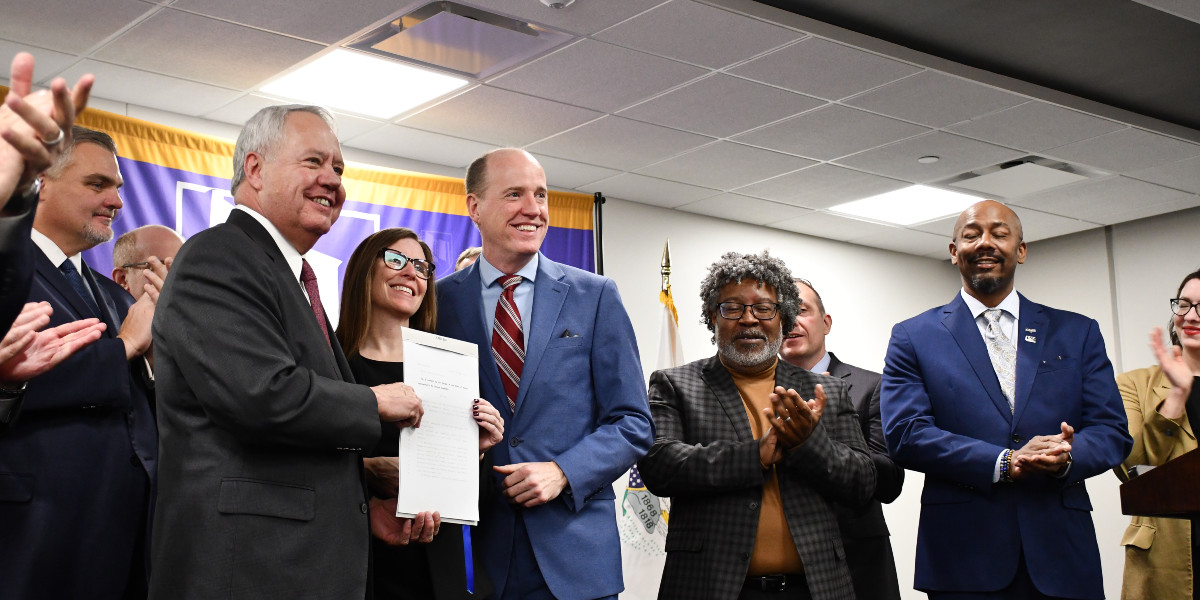
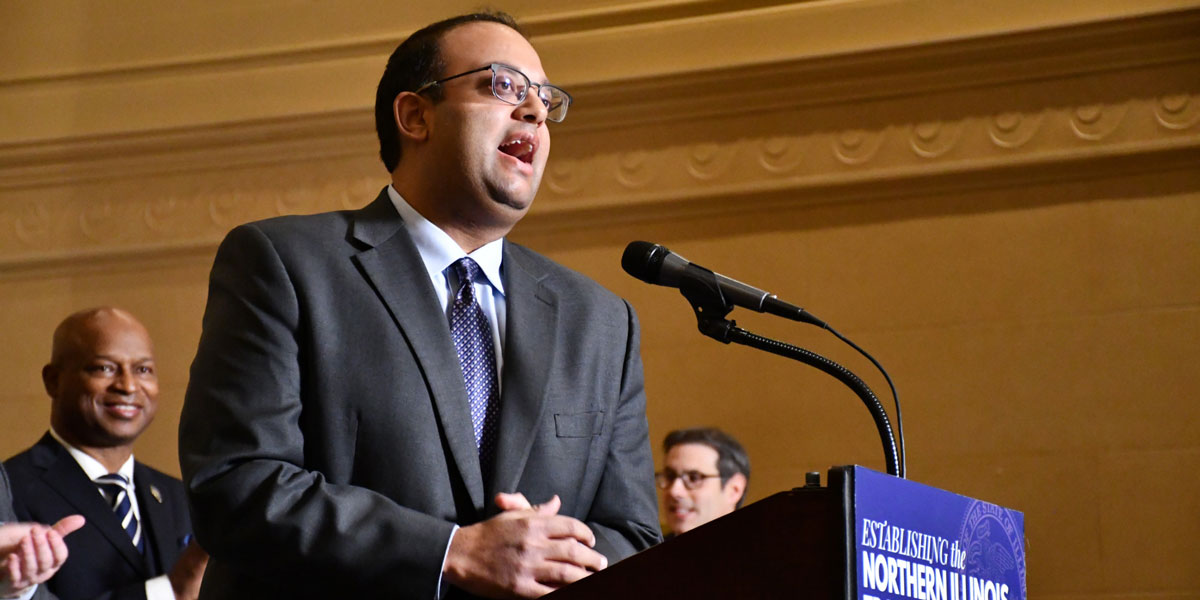


















 © 2026 Illinois Senate Democratic Caucus
© 2026 Illinois Senate Democratic Caucus